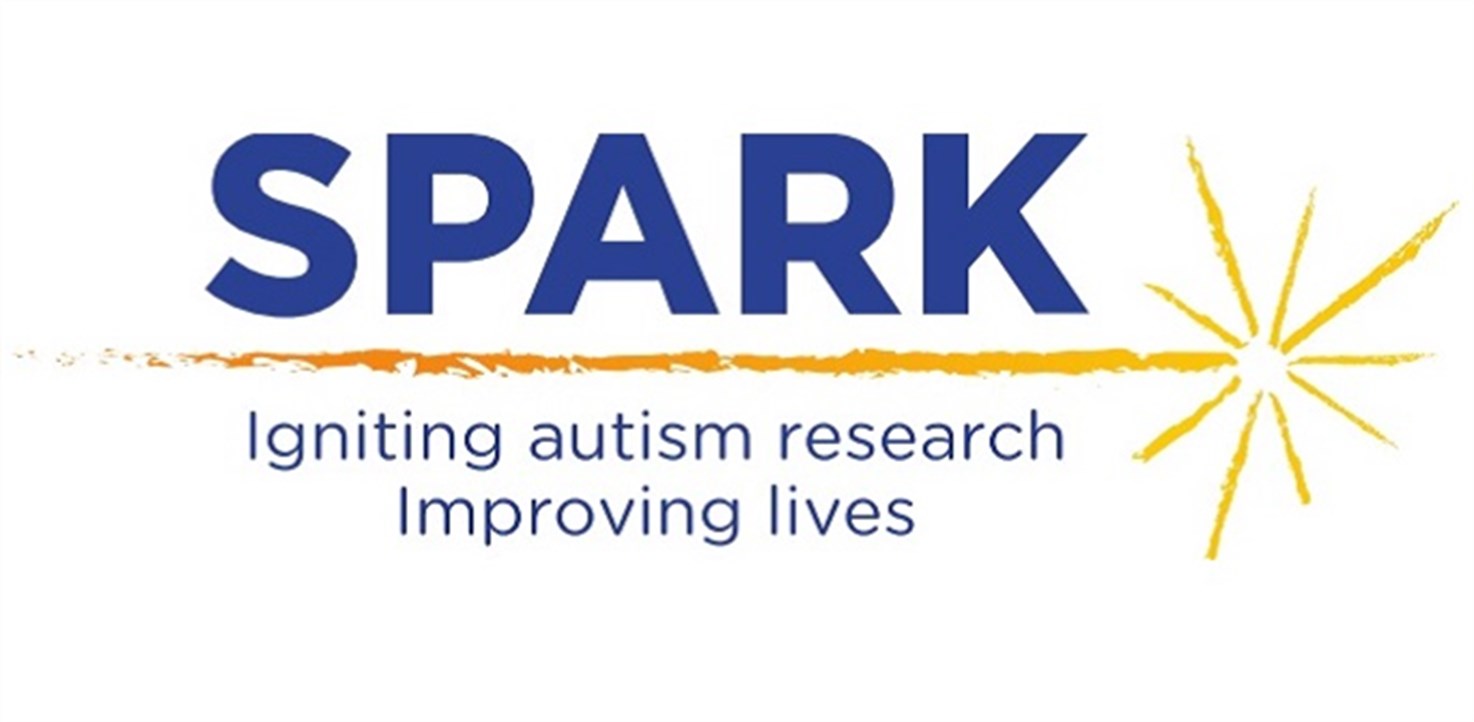Unraveling the Mystery of Autism, One Person at a Time

Autism Spectrum Disorder, or ASD, can look wildly different between patients. While some of those with the disorder have mild symptoms like a lack of attunement to certain social cues, others have severe symptoms like an inability to communicate verbally. Some of those with the disorder will live independent adult lives, while others will necessitate the service of a caretaker lifelong.
Despite the ubiquity of the disorder with 1 in 68 children identified as having ASD (CDC, 2012), little is known about the what causes the disorder. Due to patterns seen in family and twin studies, researchers recognize that Autism most likely has genetic causes. In fact, some mutations associated with Autism are already known, but the findings are only small progresses in a disorder that most likely has thousands of genetic variants. In fact, the most commonly mutated gene in autism patients is called CHD8; however, it is so rare that only about 0.1% of people with the disorder have the mutation.
SPARK – Simons Foundation Powering Autism Research for Knowledge
To address these challenges and aim for major progress in the study of autism genetics, a new project called SPARK – Simons Foundation Powering Autism Research for Knowledge – has recently launched. SPARK is a collaboration between many leading neurodevelopmental programs in the United States and the largest study of the disorder to date. SPARK hopes to recruit 50,000 individuals and their families to participate in the study that will search for genetic mutations by sequencing the exomes of those individuals and their families.
The large size of the study is crucial because the of the large number of mutations predicted to be associated with the disorder. “A genetic mutation that only occurs in one in every 500 patients could easily be overlooked; in 50,000 patients, that same mutation would crop up 100 times,” says Raphael Bernier, an associate professor of psychiatry at the University of Washington in Seattle. To encourage participation, researchers have made it easy for individuals and families to enroll in the study by making enrollment possible through a smart phone or computer. Those participating will submit salvia samples and medical questionnaires.
The large amount of data this study hopes to collect could create well-defined subtypes of ASD that would better predict future prognosis and treatment options.
For more information: https://www.newsweek.com/2016/08/19/unraveling-mystery-autism-one-person-time-489213.html




